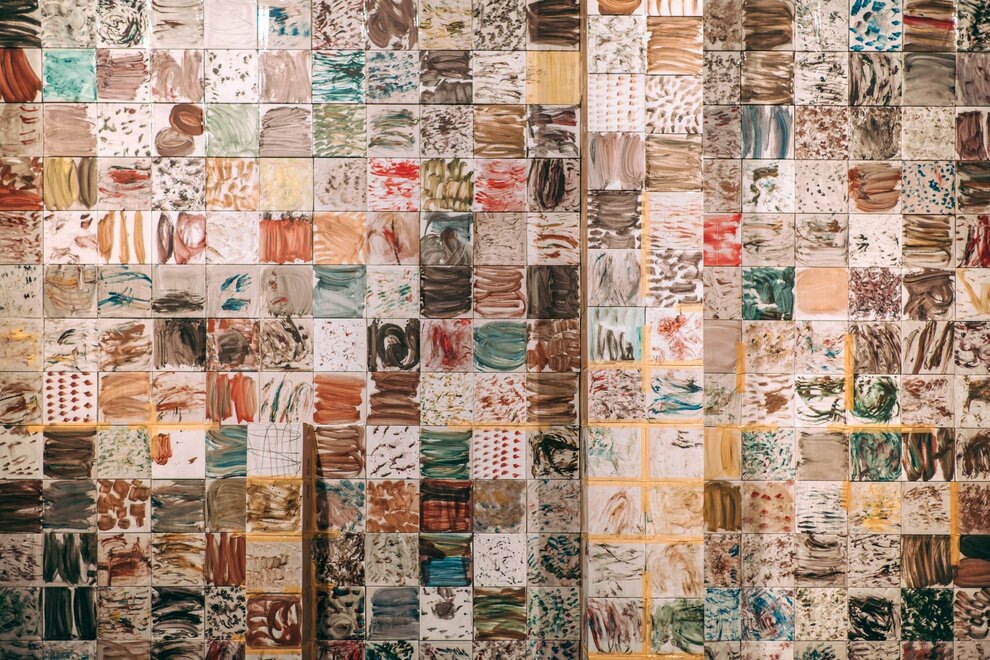Heritage Cosmopolitics in the Hindu Kush Himalaya region by Zahra Hussain

In this new episode of Histoires de mobilité, we are welcoming Zahra Hussain
« My proposed research project is based on my eight-year long research and engagement with mountain communities in northern Pakistan which I am planning to culminate in the form of a book. The book explores heritage in mountain areas where heritage has never been about statis but a dynamic response to the movements and shifts of peoples, rivers, weather and tectonic plates. In this research, particular heritage assets and practices move across borders and between worlds, both spatially and temporally, where entities such as communities, plants, ancestors, spirits, and more-than-human folk inhabit and share the landscape. I explore this through Isabelle Stengers ‘cosmopolitical proposal’ (2005), which draws our attention to the politics involved in composing and representation of the world, which in this case is the articulation of heritage through particular knowledge-making practices. The inter-regional movement of tradespeople through multiple mountain passes usually envisioned as impenetrable (Sokefeld 2015) fuelled knowledge exchange across the mountain communities. In particular exchanges and impressions of religion are particularly seen. For example, in Baltistan region, Bon religion was practiced until Buddhism made its way into the valleys which was later replaced by influences of the Iranian sufi mystic preachers that came through Central Asia. Tangible and intangible heritage is thus profoundly embedded in multiple religious worldviews offering a complex and multilayered landscape to work with. Here, heritage is practiced, adapted, and curated by local communities, allowing us to understand the meaning and value of lived heritage that is informed by identity, spirituality and sense of belonging (Robbins and Berkes 2000). In this, engaging with established researchers who work specifically on ancient religion and its afterlives in contemporary mountain life in the Hindu-Kush-Himalayas region is crucial. »
Histoires de mobilité
The FMSH and its partners offer mobility grants for post-doctoral research stays in the humanities and social sciences. Every year, the Atlas programme enables researchers to spend 1 to 3 months in France or abroad conducting field research.
Histoires de mobilité is a podcast series in which researchers who have taken part in the programme share their international research experiences.

Listen to the episode (10min)


Futurs de l'écriture

Jacques Louis David, la traite négrière et l'esclavage

Philosophie politique et société démocratique


